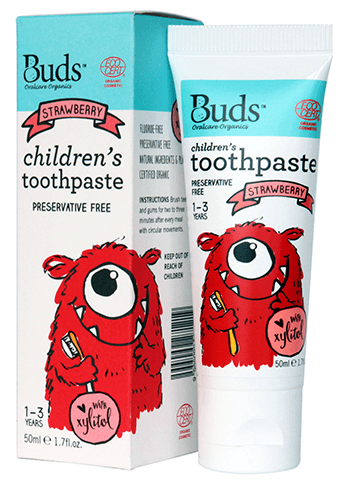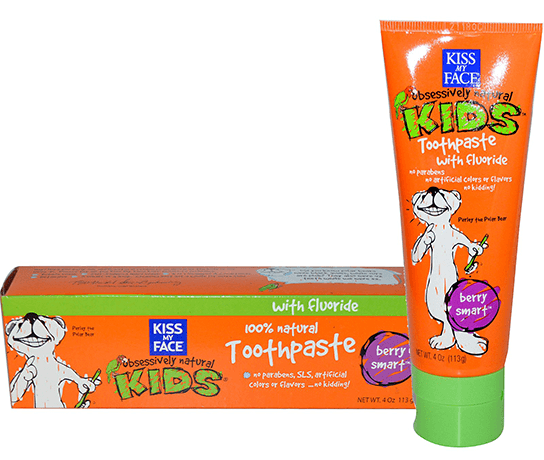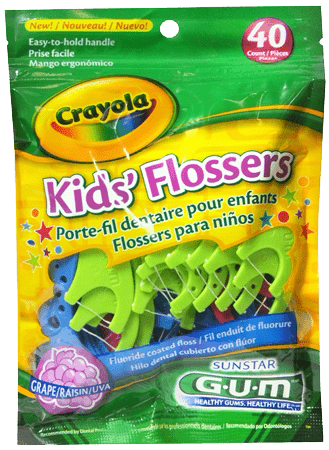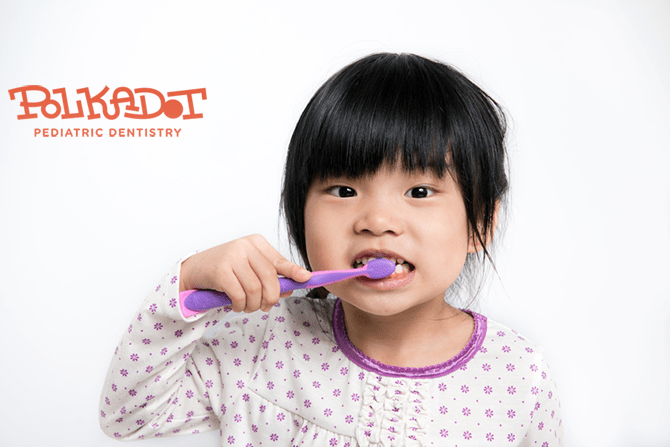Children's Dental care
Everything You Need to Know About Brushing Your Child’s Teeth
Alpharetta, GA – Do you worry about your children’s teeth, and wonder how you can ensure they have a bright and healthy smile? While we can’t guarantee your child will never experience a problem, good oral care begins at home.
“We’ve talked about this before, but caring for your child’s teeth begins before their baby teeth even erupt,” says Dr. Nanna Ariaban, our Roswell children’s dentist. “and it’s also important that parents model a good oral care routine so their children know that caring for their smile is important.”
So when should you start caring for your child’s teeth? Dr. Nanna says as soon as your child is born. That’s right, even if your child’s teeth haven’t erupted yet, they can still fall prey to decay.
Before your child’s teeth erupt, use a soft cloth to gently wipe down the gums after each feeding.
Once the first tooth has come in, use a very soft-bristled toothbrush and water to gently brush the tooth. Around the age of three, or when your child can properly spit out excess toothpaste, is when you can introduce a toothpaste with fluoride.
But how do you know which toothpaste and which toothbrush is the best? A visit to your local drugstore’s dental care aisle will yield numerous options, so it can be confusing for parents to know which is best. Dr. Nanna offers the following tips.
-
- 1- Toothbrush Size: When choosing a toothbrush, be sure you purchase the correct size. The head of the toothbrush should be close to the same size as the top of your child’s thumb. This will ensure that the toothbrush isn’t too big for your child’s mouth and can adequately reach all areas it needs to.
- 2- Electric Toothbrush: Consider buying an automatic toothbrush. Because children’s lack of dexterity will prevent them from being able to properly clean their teeth without proper help and supervision until the age of 10, an electric toothbrush can be a great help. Younger children won’t have the ability to adequately maneuver the toothbrush, but an electric brush does a good portion of the work for them. Parents should still assist, however, to ensure all areas of the mouth are properly cleaned.
-
- 3- Toothpaste with Xylitol: In younger children who cannot spit well yet, look for toothpaste brands that contain xylitol. Xylitol is a naturally occurring ingredient that helps protect teeth from decay. To help encourage your child to brush, choose a toothpaste with a flavor your child will enjoy.

-
- 4- Toothpaste with Fluoride: Once your child can spit excess toothpaste out, move to a toothpaste with fluoride. When looking at ingredients, you may notice a few different types of fluoride listed on different brands. Sodium fluoride is the most standard and is used to fight cavities. Stannous fluoride has both anti-cavity and anti-bacterial properties. Learn More: Professional Fluoride Treatments Deliver Powerful Cavity Protection

-
- 5- Ask Your Dentist: When in doubt, ask your dentist. You’ll also find toothpaste for sensitive teeth, as well as anti-bacterial toothpastes. If you are unsure which is the best for your child, your dentist can offer the best answer.
- 6- Don’t Forget to Floss: As soon as your child has two teeth together, it’s time to floss. Flossers work great for small children, and they often come in fun colors and even shapes. Because they have a handle, it makes flossing easier so let your children help, too. Learn More: Does My Child Really Need to Floss?

- 7- Schedule Those Dentist Appointments: Your child should visit a dentist for the first time after their first tooth appears or by their first birthday, and then every six months after. This ensures that if a problem should arise, it can be corrected before it becomes serious. And, if your dentist finds areas that need a bit of help, they can be addressed before becoming a problem.
“Tooth decay is the number one chronic childhood issue facing our children today,” says Dr. Nanna. “Cavities often lead to tooth pain, making it uncomfortable to eat and even speak. It’s important that parents do everything they can to help children develop a positive oral care routine at a young age to prevent issues from coming up in the future.” Learn More: Dental Caries Are Number One Childhood Disease
If you have any questions about caring for your children’s teeth, don’t hesitate to ask your Alpharetta pediatric dentist, Dr. Nanna Ariaban.
© 2018 Polkadot Pediatric Dentistry. Authorization to post is granted, with the stipulation that Polkadot Pediatric Dentistry in Alpharetta, GA, is credited as sole source.


